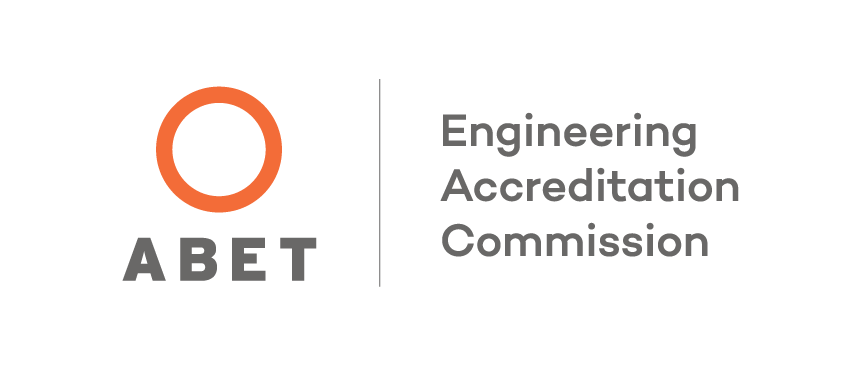
Electrical Engineering – ABET
Gain a Professional Edge
ABET accreditation means that the A&M-Commerce electrical engineering program meets the highest professional standards to help prepare you for every professional opportunity.
ABET accreditation is highly respected and sought after in the industry because it adds critical value and standards to programs where quality, precision and safety are key. To receive ABET accreditation, each program must meet curriculum, faculty, facilities and institutional support standards. Teams of highly skilled professionals from industry, academia and government peer review programs periodically to ensure they meet accreditation standards set by ABET. Our electrical engineering program strives for nothing less than excellence. After earning your degree from an ABET-accredited program, you will be well-prepared to thrive in a global, interconnected world.
What Does ABET Accreditation do for You? (Engineering)

Benefits of Graduating from an ABET-Accredited Program
- Meet global standards for technical education in your profession
- Enhance your career opportunities
- Support your entry to a technical profession
- Establish your eligibility for many federal student loans, grants and/or scholarships
- Pave the way for you to work globally
Graduates of the Bachelor of Science in Electrical Engineering program at A&M-Commerce will:
- Become successful professionals in varied engineering careers.
- Excel in career developments in industry and other fields that accentuate implementation of engineering systems and devices.
- Engage in lifelong learning and professional development through continuing education, participation in professional societies and conferences, certifications, or graduate education.
Electrical Engineering Program Student Outcomes
- An ability to identify, formulate, and solve complex engineering problems by applying principles of engineering, science and mathematics
- An ability to create solutions that meet specific needs using engineering design while considering the well-being of the public, the environment, and global economic and social factors.
- An ability to communicate effectively with a range of audiences
- An ability to identify ethical and professional responsibilities in engineering situations and make informed decisions considering how engineering solutions can impact the world’s economy, environment, and society.
- An ability to work effectively on teams that collaborate to provide leadership, set goals, plan tasks and meet objectives.
- An ability to develop and conduct appropriate experimentation, analyze and interpret data, and use engineering judgment to draw conclusions
- An ability to acquire and apply new knowledge as needed using appropriate learning strategies
Annual Student Enrollment and Graduation Data
| Program Enrollment (Majors) | Fall 2019 | Fall 2020 | Fall 2021 | Fall 2022 | Fall 2023 |
| BS Electrical Engineering | 96 | 113 | 117 | 98 | 105 |
| Degrees Awarded | Fall 2018-2019 | Fall 2019-2020 | Fall 2020-2021 | Fall 2021-2022 | Fall 2022-2023 |
| BS Electrical Engineering | * | 2 | 14 | 22 | 12 |
*The Bachelor of Science in Electrical Engineering program was implemented in Spring 2018.
Contact Us
- Department of Engineering & Technology
- 903.886.5474
- 903.886.5960
- [email protected]
- P.O. Box 3011
- Commerce, TX 75429-3011



 Graduate Outcomes
Graduate Outcomes